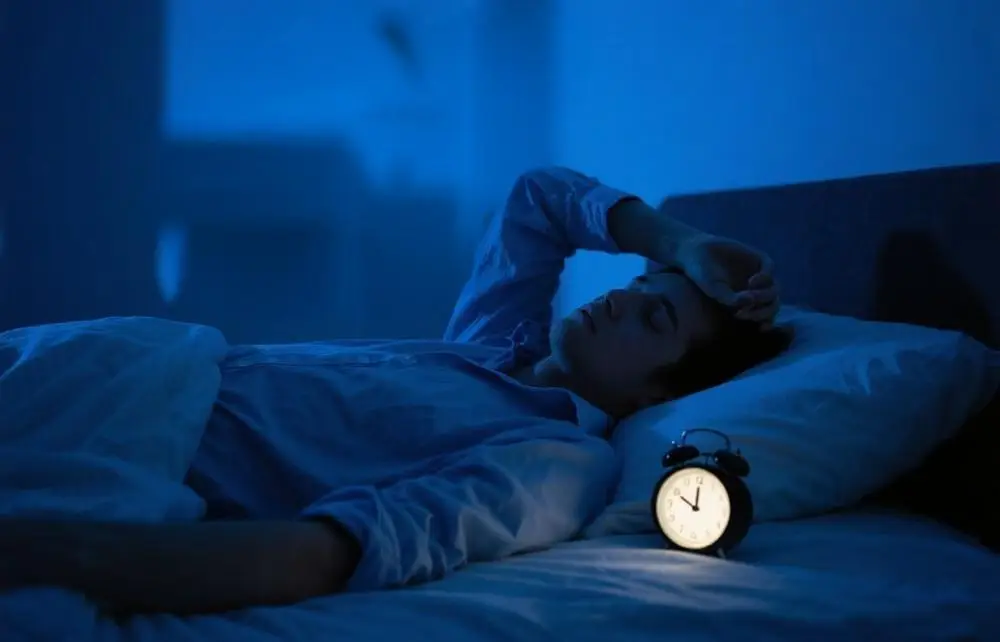Sleep Disorders Explained: Types, Symptoms, Causes & How to Finally Get Better Sleep

Sleep issues could disrupt getting restorative sleep at the right time, staying asleep, or falling asleep. Common issues including insomnia, sleep apnoea, narcolepsy, and restless legs syndrome not only make you tired but also can seriously compromise your mental and physical health. The good news? The positive development? The right treatment helps you to sleep better.
RELATED 1: Restless Legs Syndrome Explained: What It Feels Like, Why It Happens & How to Find Relief
RELATED 2: Top Natural and Over-the-Counter Sleep Aids to Help You Rest Better in 2025
What Are Sleep Disorders?
Sleep disorders are conditions that compromise your ability to get regular, restful, restorative sleep. They affect your sleep's duration, timing, and quality, so compromising your body's and brain's capacity to renew. While some sleep issues are natural, persistent ones could point to a deeper condition. Over 80 distinct varieties of sleep problems exist.
You may suffer from a sleep disorder should you:
- Find it difficult to fall or remain asleep
- Wake up weary after 7+ hours of sleep.
- Feel too sleepy to operate properly during the day.
Key Categories of Sleep Disorders
Depending on symptoms, underlying reasons, and the bodily systems they affect, sleep disorders are classified. The most current International Classification of Sleep Disorders (ICSD-3R) defines the key categories as follows:
- Insomnia Conditions: Trouble going asleep, staying asleep, or waking too early
- Breathing becomes interrupted during sleep in sleep-related breathing disorders (e.g., sleep apnoea).
- Central Disorders of Hypersomnolence: Unexplained excessive daytime sleepiness despite good nocturnal sleep
- Misalignment between your internal clock and outside timetable defines circadian rhythm sleep-wake disorders.
RELATED: Best Pillows of 2025: Expert-Tested Picks for Your Dreamiest Sleep Yet
Causes and Symptoms
Although they vary with the type, signs of common sleep issues could include:
- Finding it difficult to fall asleep or takes more than 30 minutes to do so on a regular basis.
- Trouble staying asleep all night or several middle-of-the-night awakenings.
- Snoring, gasping, or choking happens during sleep.
- Feeling as though you must move when you relax. Movement reduces this feeling.
- Waking awake unable to move.

Sleep issues come from a disruption in your body's cycle of sleep and daytime waking. Some elements could set this off; it varies based on the type of sleep issue you have. They could include:
- A symptom of a medical condition like heart disease, asthma, pain or a nerve illness.
- A symptom of a mental health problem like anxiety disorder or depression.
- Genetic factors: a mutation.
- The negative impact of a medication.
- Working night shifts.
- Substance use before sleep includes alcohol or caffeine.
- Small quantities of some minerals or chemicals in the brain.
- An enigmatic origin.
RELATED: Top-Rated Sleep Trackers of 2025 That’ll Actually Help You Sleep Better

What Treatments Exist for Sleep Disorders?
Sleep disorders are not universal; treatment varies with the kind and degree of your condition. Most people gain from a mix of lifestyle modifications, therapy, and in some circumstances, medical devices or drugs. The most typical therapy choices are as follows:
- Improving sleep organically by means of better sleep habits includes developing a regular nighttime schedule, reducing screen use, and following proper sleep hygiene.
- Particularly for those with insomnia, cognitive behavioral therapy (CBT) is a powerful tool for spotting and changing negative ideas and behaviors disturbing sleep.
- Under physician supervision, sleep aids, melatonin, or alertness-promoting drugs might be utilized.
- Your doctor can change the dose or timing if other drugs are making you too drowsy or keeping you alert.
- For sleep apnea, CPAP or neurostimulator devices help maintain your airway open or control nerve signals throughout sleep.
- Particularly for circadian rhythm problems, exposure to strong light at certain hours can help reset your biological clock.
RELATED: Upgrade Your Sleep: The 5 Best CPAP Machines and Accessories to Buy in 2025
Sleep issues diminish your quality of living. They can affect your thinking, physical health, mental health, job or academic performance, and more. Common sleep issues prevent you from getting the peaceful, deep sleep needed for peak function. If your sleep is a problem, see a doctor right away. Your health depends on good sleep; hence, so does your quality of life. Follow your doctor's orders and maintain proper sleep hygiene to feel better more quickly.

